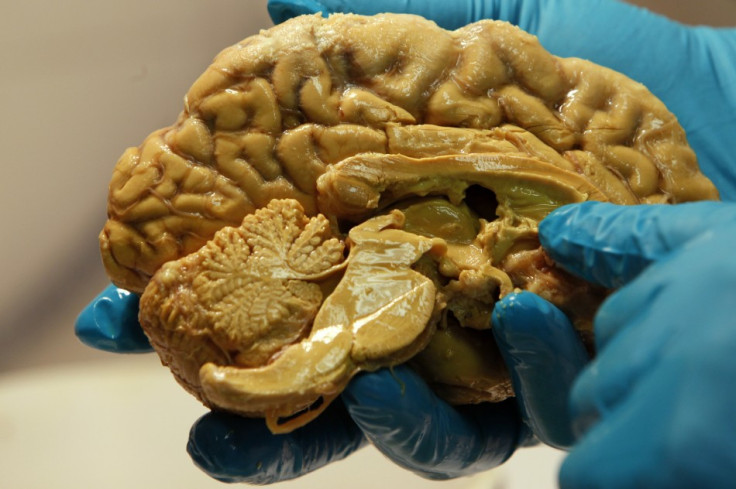Revolutionary 'statin for the brain' may prevent Alzheimer's, says new report

A number of new drugs that act like 'statins on the brain' may be able to prevent Alzheimer's disease, say scientists. Researchers at the University of Cambridge believe that they may have found a medicine that can prevent brain cell death after experimenting on worms.
Statins are used to reduce the risk of developing heart disease by reducing cholesterol and researchers believe they may have unearthed a "neurostatin" that can work on brain cells and halt Alzheimer's disease. The new drug would be used as a preventative for the condition rather than treating the symptoms of the disease.
The next step for scientists was to match specific drugs with certain stages of the debilitating illness. The researchers made their discovery by genetically programmed worms to develop Alzheimer's before they were treated with a range of drugs.
Cancer drug bexarotene was found to stop the first step of Alzheimer's with researchers showing how the drug can target amyloid beta aggregation – the first step in a chain-reaction that leads to the death of brain cells. But when the drug was used to treat later stages of the disease in humans hoping to clear amyloid plaques in the brain it was unsuccessful.
Scientists are still in the dark about how the drug works and Dr Rosa Sancho, head of research at Alzheimer's Research UK, said this is important before clinical trials could take place. She said according to the BBC: "We will now need to see whether this new preventative approach could halt the earliest biological events in Alzheimer's and keep damage at bay in further animal and human studies. This early research in worms suggests that bexarotene could act earlier in the process to interfere with amyloid build-up."
Prof Michele Vendruscolo, a senior study author from the University of Cambridge, said the research team wanted to design a drug that could best assist the body's natural defences. "The body has a variety of natural defences to protect itself against neurodegeneration, but as we age, these defences become progressively impaired and can get overwhelmed.
"By understanding how these natural defences work, we might be able to support them by designing drugs that behave in similar ways."
© Copyright IBTimes 2025. All rights reserved.























